Question And Answer
Publications
Articles, publications, books, tools and multimedia features from the U.S. Institute of Peace provide the latest news, analysis, research findings, practitioner guides and reports, all related to the conflict zones and issues that are at the center of the Institute’s work to prevent and reduce violent conflict.
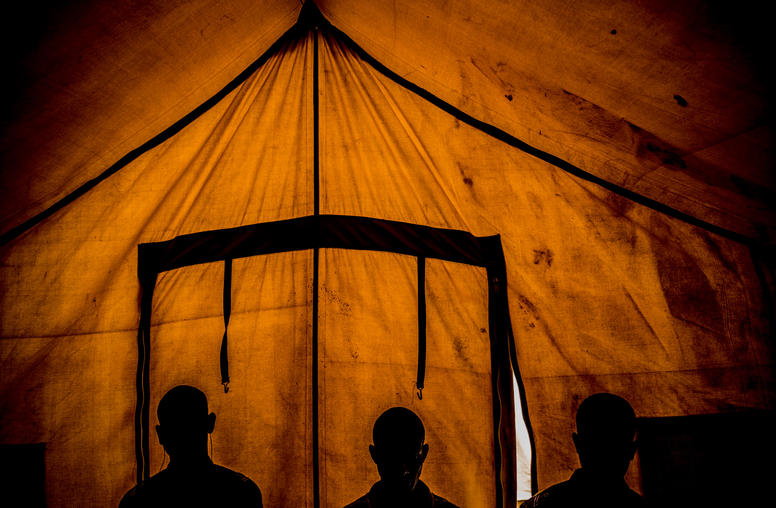
Defusing Violent Extremism in Fragile States
In Nigeria, a radio call-in show with local Islamic scholars provided an alternative to extremist propaganda. In Somalia, training youth in nonviolent advocacy for better governance produced a sharp drop in support for political violence. In the Lake Chad region, coordinating U.S. defense, development and diplomatic efforts helped push back Boko Haram and strengthened surrounding states. Such cases illustrate ways to close off the openings for extremism in fragile states, experts said in a discussion at the U.S. Institute of Peace.
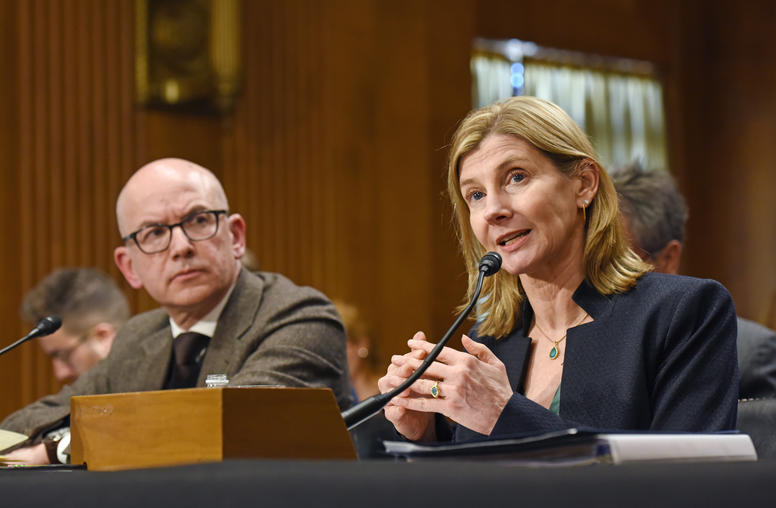
Flashing Red: The State of Global Humanitarian Affairs
U.S. Institute of Peace President Nancy Lindborg testified before the Senate Foreign Relations Committee on "Flashing Red: The State of Global Humanitarian Affairs."
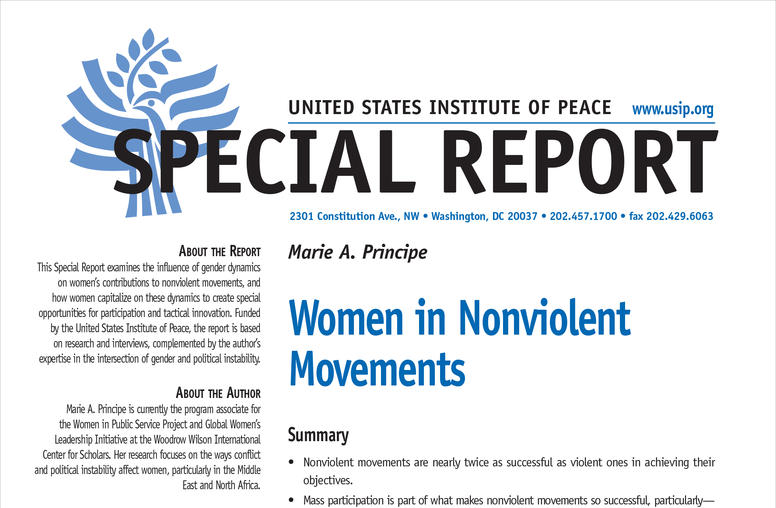
Women in Nonviolent Movements
Women’s meaningful involvement in civil resistance movements has shown to be a game changer. Examining movements in Argentina, Chile, Egypt, Liberia, the Palestinian territories, Poland, Syria, and the United States, this report advocates for the full engagement of women and their networks in nonviolent movements for a simple and compelling reason—because greater female inclusion leads to more sustainable peace.
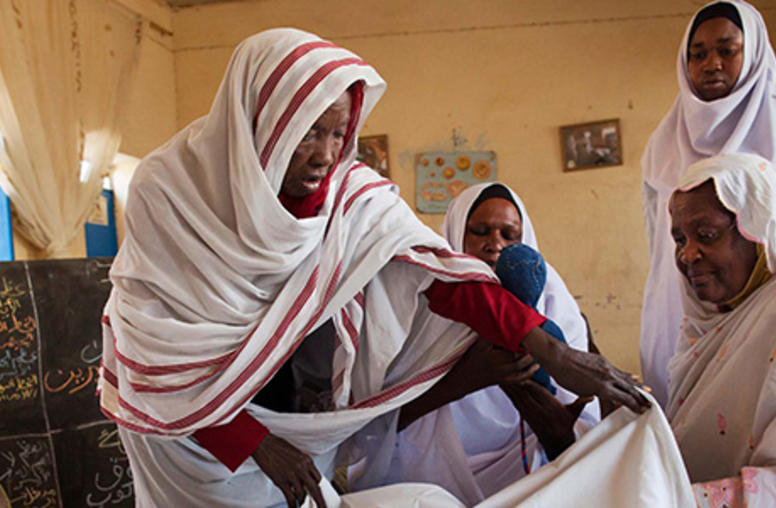
Can Female Genital Mutilation/Cutting Be Stopped?
When she was merely a week old, Jaha Mapenzi Dukureh underwent female genital mutilation in her native Gambia. But the 26-year-old mother of three, now living in the United States, knows the procedure is not something that happens only in some far-off country. She is an outspoken advocate for ending the custom. At a daylong conference at the U.S. Institute of Peace, Dukureh and other experts and government officials detailed the difficulties—and possibilities—of ending a practice that has bee...
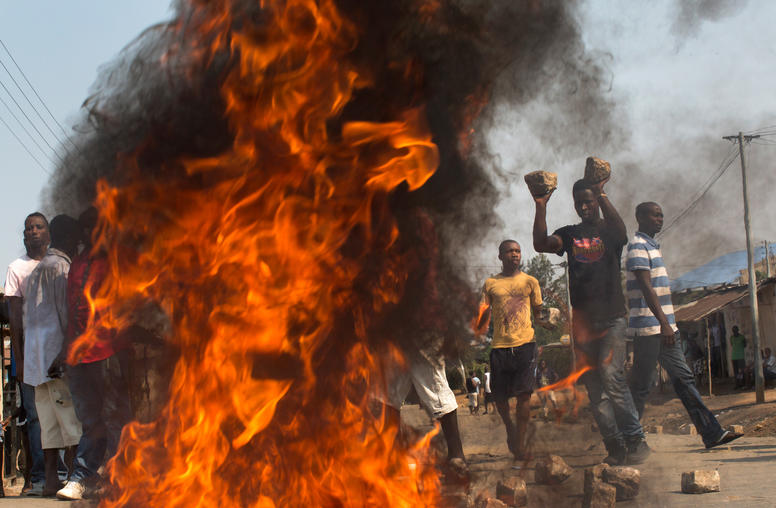
Q&A: What Works in Preventing Election Violence
The elections this year in the Philippines, the Democratic Republic of the Congo, Gabon and even the United States, demonstrate how high-stakes elections frequently trigger anxiety, tension or even violence or the threat of unrest. Properly managed elections allow opposing groups to press their claim to power through a peaceful process. But in fragile democracies, elections frequently feature intimidation or violent protest. U.S. Institute of Peace Senior Program Officer Jonas Claes, editor o...
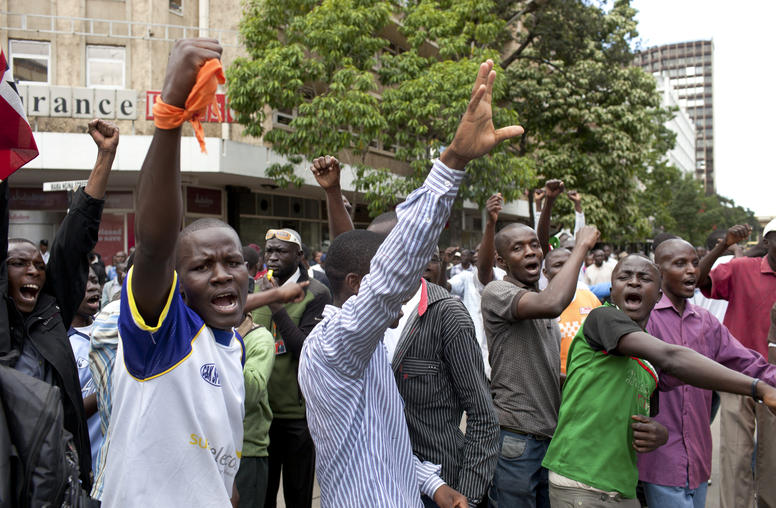
Tension Rising Ahead of Kenya, Liberia 2017 Elections
With elections coming up next year in Liberia and Kenya, the time for early and sustained efforts to prevent clashes is now. Forthcoming USIP research shows that domestic institutions hold the key: election commissions, the police and, above all, political leaders. Any international support to those institutions and leaders must now move from plans to action in order to achieve any desired impact amid rising tensions.
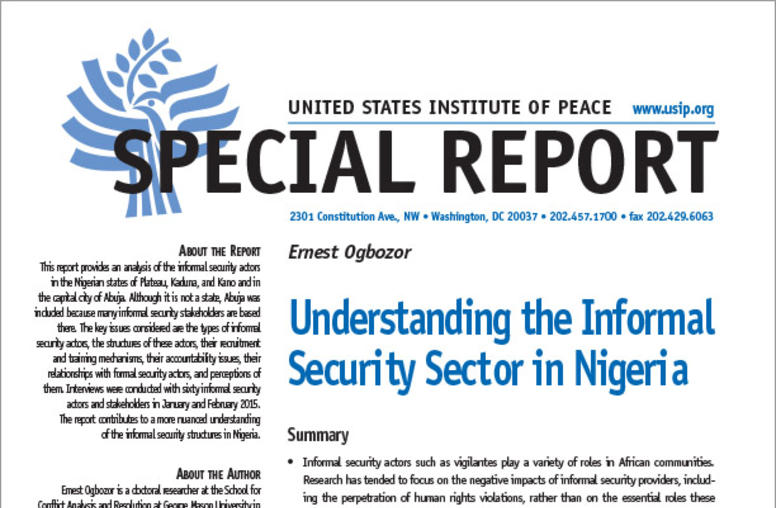
Understanding the Informal Security Sector in Nigeria
Informal security actors such as vigilantes play a variety of roles in African communities. Research has tended to focus on the negative impact of informal security providers, but these groups have an essential role in a community’s safety and security. This report provides an analysis of the informal security actors in the Nigerian states of Plateau, Kaduna, and Kano and in the capital city of Abuja.
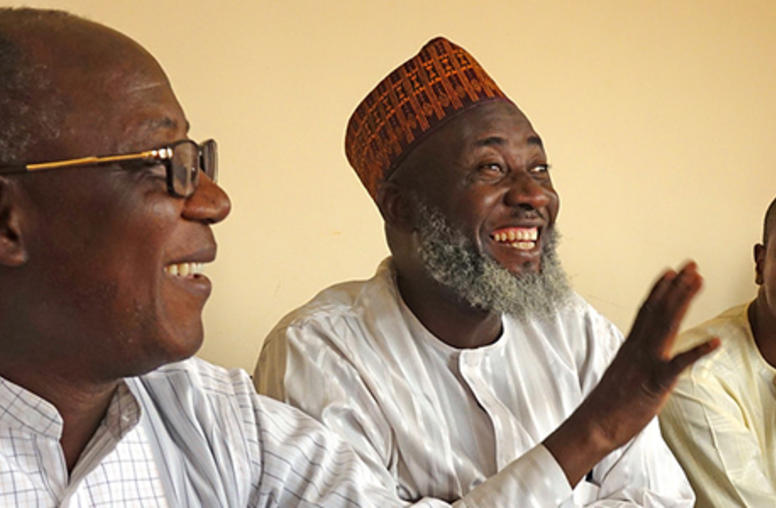
Nigeria’s Powerful Governors Eye Roots of Boko Haram
Governors from northern Nigeria, where the U.S. military is helping quell the Boko Haram militant group, will convene at the U.S. Institute of Peace for the second time this October to agree on civilian actions they can take to address the root causes of violent extremism and help ensure that efforts to stabilize this vital region will stick. Former U.S. Assistant Secretary of State Johnnie Carson, a USIP senior advisor helping organize the gathering, said Nigerian governors are some of the m...
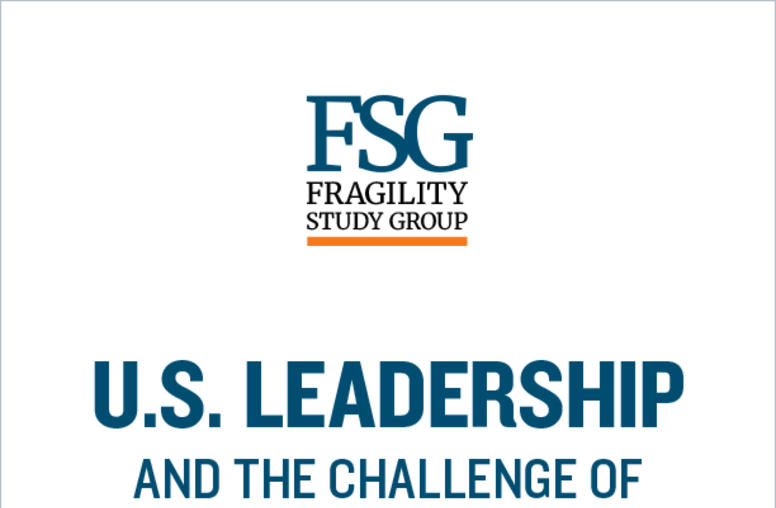
U.S. Leadership and the Challenge of ‘State Fragility’
The new administration, a coming change in leadership at the United Nations, and an emerging global consensus about the fragility challenge make this an opportune moment to recalibrate our approach. The United States cannot and should not try to “fix” every fragile state. Nor can we ignore this challenge; all fragility has the potential to affect U.S. interests to some extent, especially when left to fester. There is simply too much at stake for our interests, our partners, and the global ord...
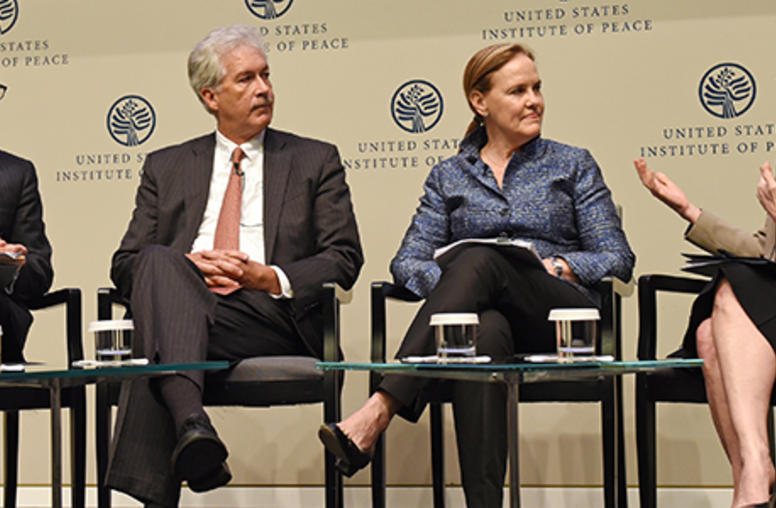
Burns, Flournoy, Lindborg Press Urgency of Fragile States
Three former high-ranking officials in the State Department, the Pentagon and the U.S. Agency for International Development (USAID) urged the next presidential administration to commit more attention and resources to preventing the kinds of violent conflicts that are roiling the Middle East and other regions today and spilling over into neighboring countries, Europe and the United States. Former Deputy Secretary of State Bill Burns, Under Secretary of Defense Michele Flournoy and USAID Assist...